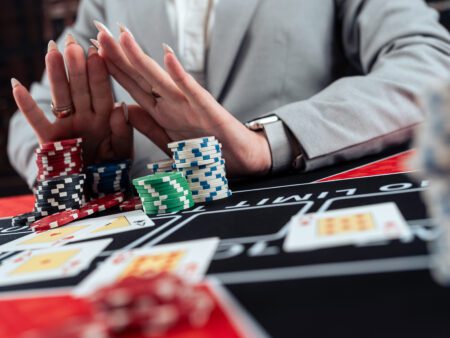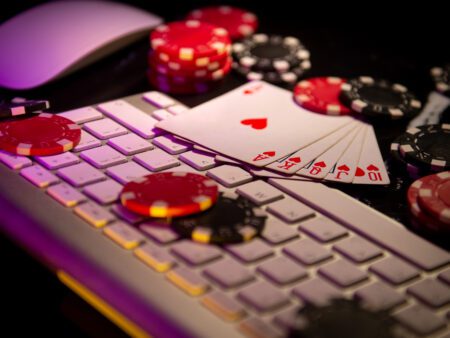Intrigued by the psychology behind online gaming preferences? Discover how your choice of game influences and is influenced by your psychological state.
Understanding the Impact of Different Online Games on Your Psychology
Here’s a scenario for you: You’re lounging on your couch at home after a long day of work, comfortably snuggled in front of your laptop with your favorite online game loaded and ready to play. Why do you decide to play Poker instead of Slots? Is it the thrill of strategy, or is it the jackpot potential? Ever thought it might have something to do with your psychological state?
The world of online gambling has blossomed into a variety of games, all designed to cater to different interests, skill levels, and most interestingly, different psychological profiles. A surprising fact you might not have realized is that each game influences and is influenced by your psychology in various ways.
The Psychology Behind Choosing Your Game
“I always start with a round of Slots to put me at ease before switching to Blackjack,” my friend once confessed. I found it intriguing how seemingly trivial preferences in online gaming could be a reflection of our unique psychological patterns. The exhilarating rush when the Slot wheels align perfectly is akin to an adrenaline spike for some. For others, the strategic nature of Poker or Blackjack is more appealing, allowing them to exercise control and analytical skills.
Understanding what kind of games resonate with you can be a useful way of managing frustration in online gambling. Hence, let’s delve deeper into how different games impact our psychology, starting with three popular choices: Slots, Poker, and Sports Betting.
Slots: The Quick Fix
The appeal of slot games lies in their simplicity and immediate gratification. Some psychologists align this preference with a player’s desire for instant rewards and a heightened anticipation for a big win. The allure of the potential jackpot can stimulate releasing the brain’s ‘happiness chemicals,’ making slot games quite a hit for those seeking an emotional high.
Poker: The Strategic Challenge
On the other end of the spectrum, we find games like Poker. Unlike Slots, Poker is heavily reliant on skills and strategies. It demands patience, control, and an analytical mind—stimulating for players who enjoy the intellectual challenge. This ties in with the psychological theory of flow, where individuals find satisfaction in engaging in tasks that match their skill levels while posing an achievable challenge. It’s more of a calculated dance, complete with bluffs and reads, much unlike the roulette-like spin of Slots.
Sports Betting: The Informed Gamble
Why do some bet on Sports? Part thrill, part knowledge-based, absolutely. But it’s also the sense of greater control that people have over the outcome. Sure, there’s always an element of randomness, but the ability to research, analyze statistics, and follow players’ or teams’ performance can give bettors the illusion of having some influence upon their betting outcome. It satisfies the knowledge seekers and the risk-takers both.
The Connection to Emotional State
The type of game chosen doesn’t exist in a vacuum. It often corresponds to our emotional state and coping mechanisms. People who are feeling stressed might want the quick rush of a slot machine, while those in a more relaxed state might be up for the slow burn of a strategic poker match. Even within a session of online gaming, one may switch between games depending on how their emotional state fluctuates.
This padding between our psychological state and the games we choose isn’t necessarily a bad thing. In fact, it serves to help manage our emotions and provide a source of entertainment. Yet, it’s important to maintain a healthy balance and not let the gaming side tip too far.
Wrapping it Up
Whether it’s the thrill of Slots or the challenge of Poker, the games we play are a mirror reflecting our psychological state. Recognizing these patterns can help in managing frustration in online gambling and making the experience more enjoyable. So, the next time you play, take a second to notice why you’re choosing the game you are. You might reveal more about yourself than you realize!










